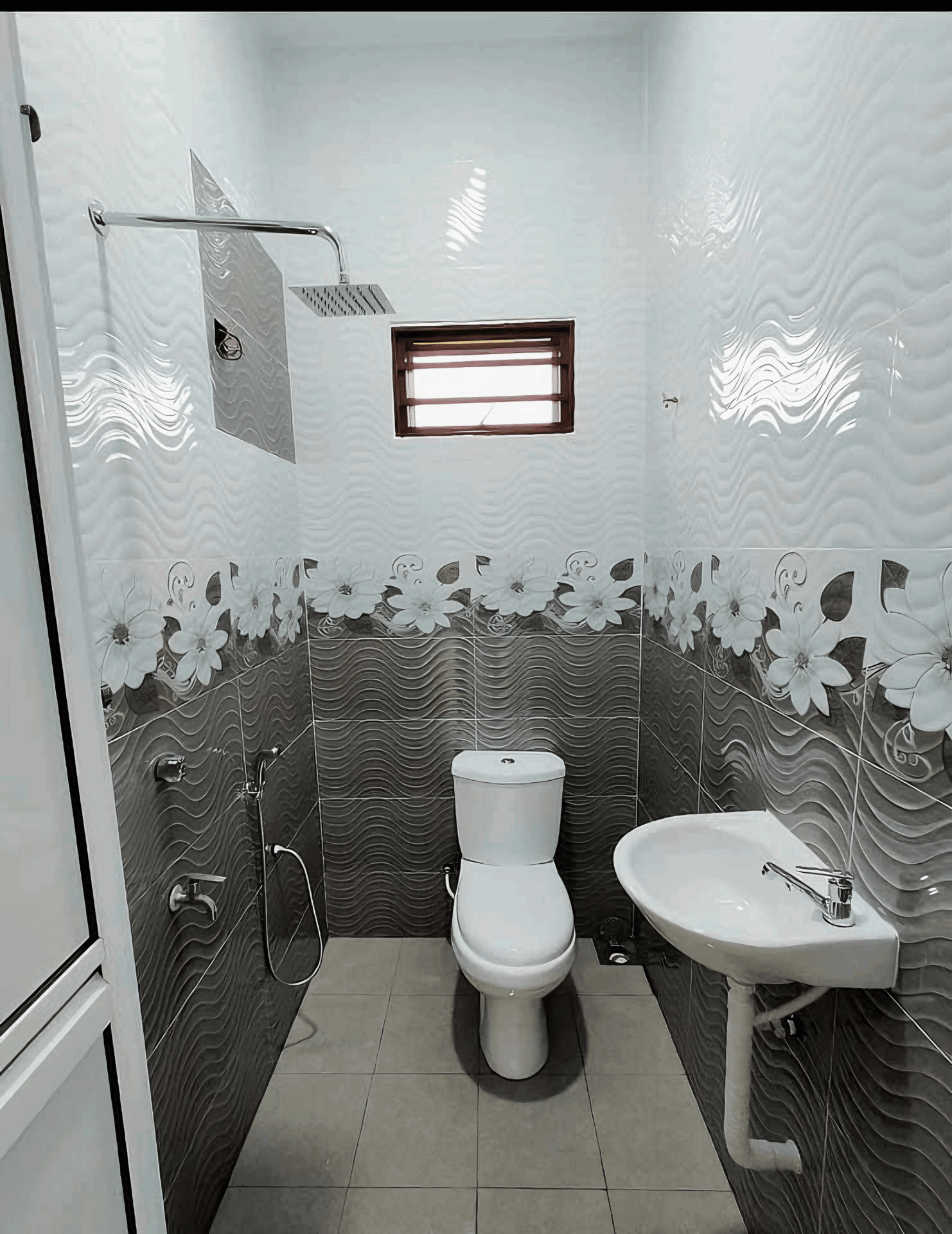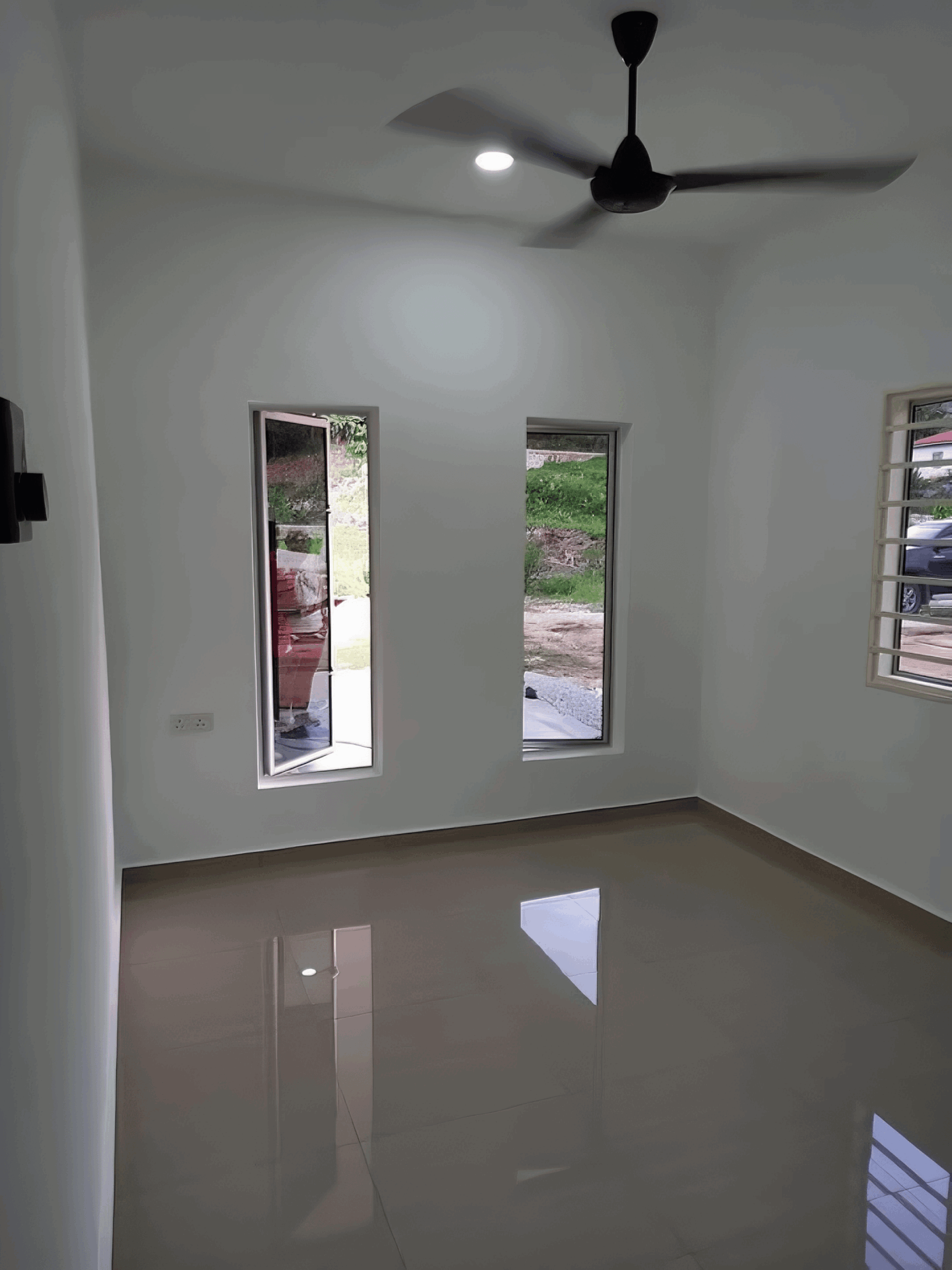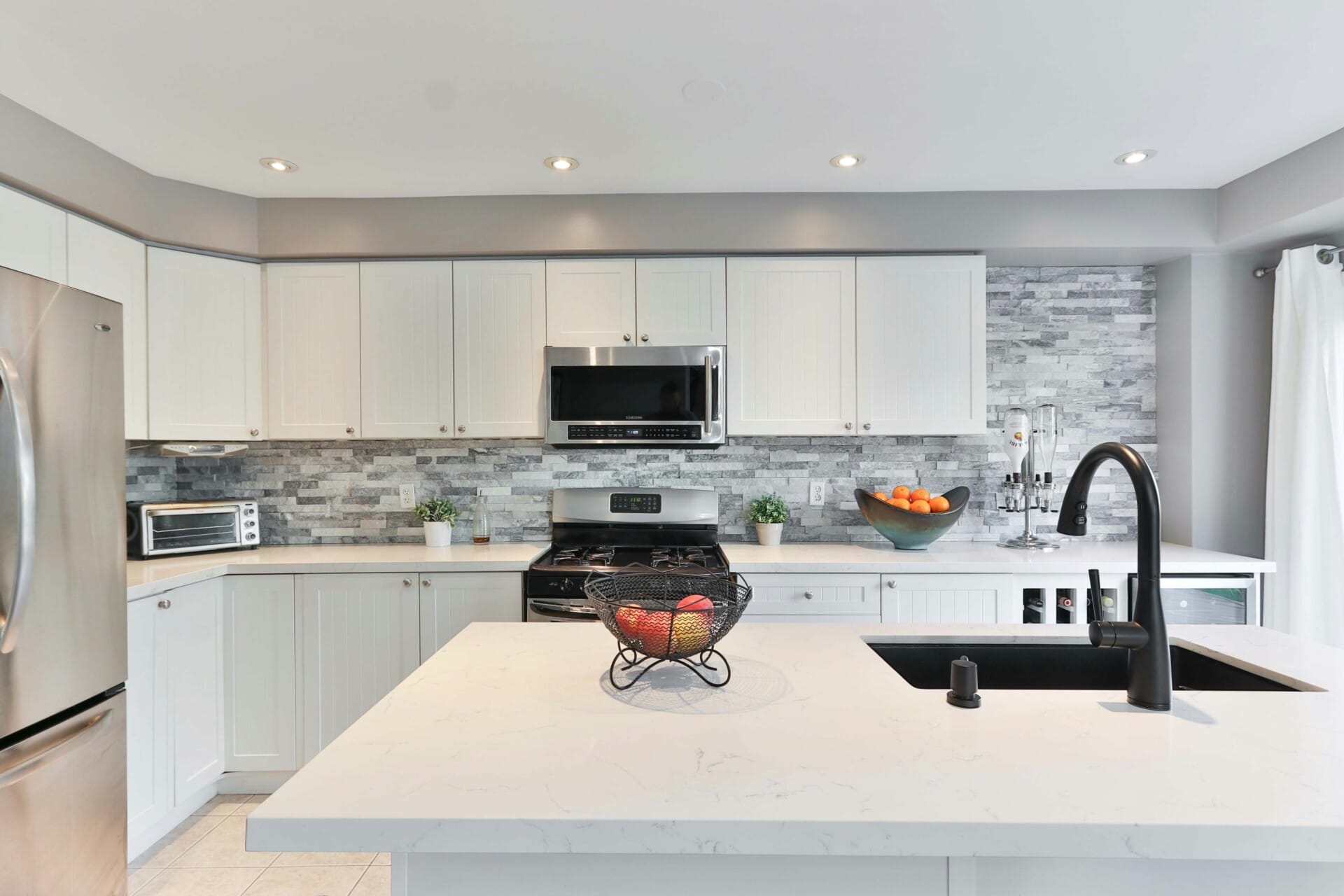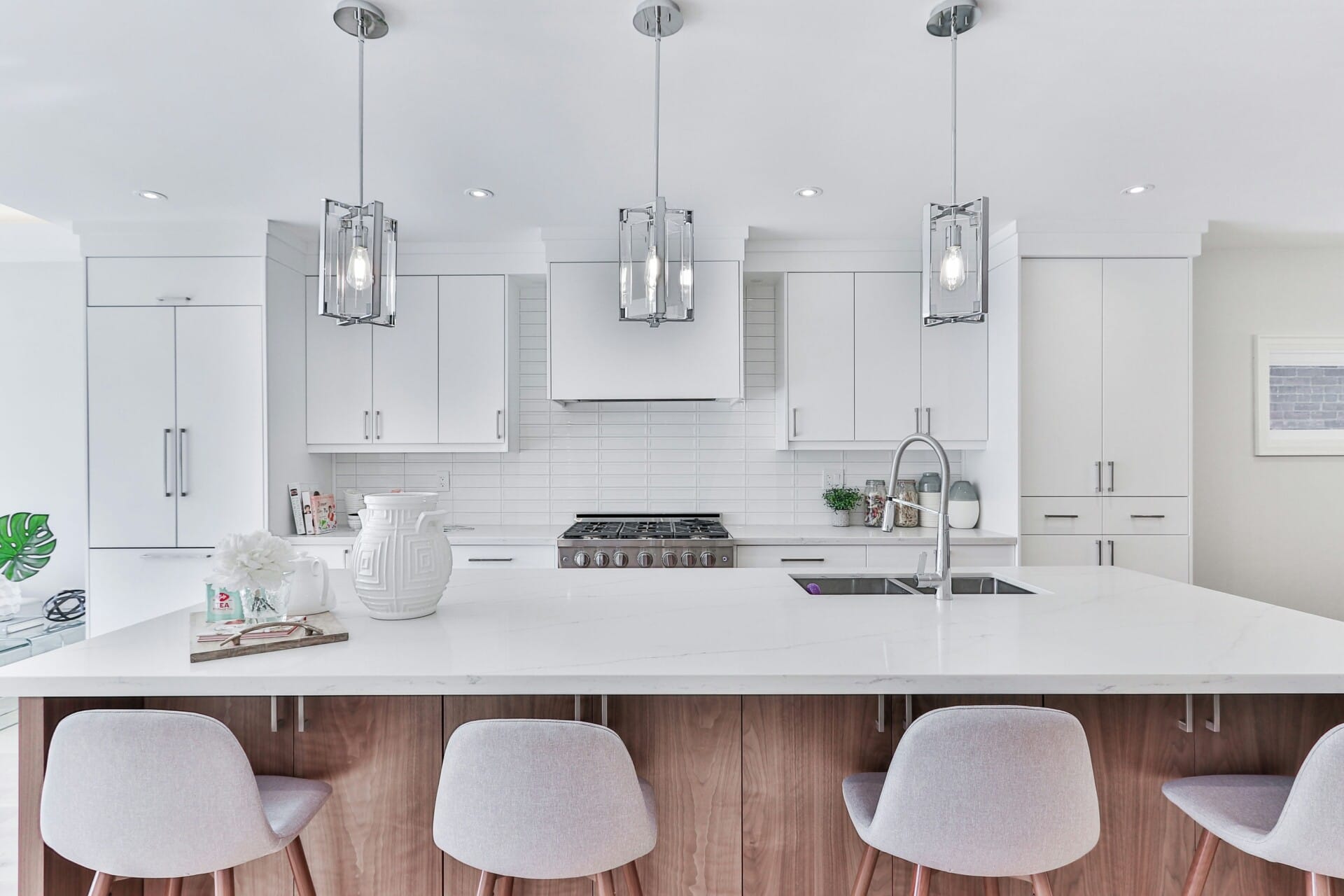Navigating the intricate world of electrical, plumbing, and HVAC installation can feel a bit like wandering through a maze—especially here in Malaysia, where the blend of modern advancements and traditional practices creates a unique backdrop for these essential services. Whether you’re building your dream home, renovating your space, or simply trying to understand what goes into those pesky repairs, it’s easy to get lost in the details. Fear not! In this article, we’ll guide you through the twists and turns of installing electrical systems, plumbing fixtures, and HVAC units. We’ll share insights, tips, and tricks to help you make informed decisions, ensuring your home is not just functional but also comfortable and safe. So grab a cup of kopi, sit back, and let’s unravel the maze together!
Understanding Local Regulations and Compliance in Malaysia
For anyone looking to dive into the world of electrical, plumbing, and HVAC installations in Malaysia, understanding the local regulations is crucial. Each state may have its own specific guidelines, so it’s essential to familiarize yourself with it. From the moment you make your first plans until the project is completed, you need to stay compliant with several authorities such as the Suruhanjaya Tenaga (Energy Commission) for electrical works and the Department of Occupational Safety and Health (DOSH) for health and safety standards.
When embarking on any installation project, here are a few key points to keep in mind:
- Licensing: Ensure that all contractors possess the necessary licenses and certifications to carry out their work.
- Code Compliance: Familiarize yourself with the Malaysian Uniform Building By-Laws (UBBL) and relevant technical standards.
- Permits: Obtain the necessary permits before starting any installation. It can save you from future headaches.
To help you navigate through this maze, consider the following common requirements:
| Installation Type | Typical Permit Required | Key Regulatory Body |
|---|---|---|
| Electrical Installation | Electrical Work Permit | Suruhanjaya Tenaga |
| Plumbing Installation | Plumbing Work Permit | Local Authorities |
| HVAC System Installation | Mechanical Permit | DOSH, Local Authorities |
It’s highly recommended to engage a local expert who understands the nuances of the law. A professional can help you with the paperwork, ensure that all installations meet safety standards, and keep everything up to code. Ultimately, staying informed and compliant will lead you to a smoother project execution and peace of mind in the long run.

Choosing the Right Professionals for Your Installation Needs
When it comes to installation projects, having the right professionals on your side can mean the difference between a seamless experience and a costly headache. In Malaysia, the choices can be overwhelming, but a little research goes a long way. Start by seeking recommendations from friends or family who have recently undertaken similar projects. Online reviews and ratings can also provide insights into the reliability and quality of the services provided by different companies. Prioritize professionals who have a strong presence in your community, as local experts are likely to be more familiar with the specific regulations and standards that apply in your area.
Before making a decision, consider interviewing potential contractors to gauge their expertise and customer service. A few questions can help tip the scales:
- What is your experience in this specific installation area?
- Can you provide references or examples of past projects?
- What warranties or guarantees do you offer?
These discussions can help you assess not only their technical skills but also their approach to customer relations. Furthermore, always ask about certifications or licenses, as these credentials can assure you that the professionals are qualified to meet Malaysian regulatory standards.
it’s crucial to discuss the financial aspects upfront. Be clear about your budget and ask for detailed estimates that break down costs for labor, materials, and any additional fees. Comparing these estimates can help you avoid unexpected expenses while ensuring you’re getting value for your investment. Here’s a quick look at some typical costs you might encounter:
| Service | Estimated Cost (MYR) |
|---|---|
| Electrical Installation | 500 – 5,000 |
| Plumbing Works | 300 – 4,000 |
| HVAC System Installation | 2,000 – 15,000 |
Taking the time to evaluate these factors will empower you to make an informed decision about which professionals to hire, ultimately leading to a successful installation experience.

Budgeting for Electrical, Plumbing, and HVAC Projects
When diving into electrical, plumbing, and HVAC projects, having a detailed budget is your secret weapon. It’s essential to start off by assessing your needs. List down the specific tasks you want to accomplish, like installing a new air conditioning unit or replacing old pipes. Here are some factors to consider while budgeting:
- Material Costs: Research local suppliers for prices on essential materials.
- Labor Charges: Factor in hiring skilled technicians, which can vary based on experience and the project’s complexity.
- Permits and Inspections: Some projects may require permits, so don’t forget these potential costs.
Once you have a tentative budget, it’s time to put everything down on paper. It’s smart to create a simple budget table to keep track of your expected versus actual expenses. Here’s an example to get you started:
| Item | Estimated Cost (MYR) | Actual Cost (MYR) |
|---|---|---|
| New HVAC Unit | 3000 | |
| Plumbing Materials | 800 | |
| Electrical Wiring | 500 |
Last but not least, always leave some room for unexpected expenses. It’s not uncommon for projects to run into hiccups, such as needing additional materials or troubleshooting unforeseen issues. A good rule of thumb is to cushion your budget by about 10% to 20% of your overall costs. staying organized and transparent with your budgeting will lead to smoother project management and ultimately, satisfaction with your completed work!

Common Challenges in Installation and How to Overcome Them
When diving into installation projects for electrical, plumbing, and HVAC systems, homeowners often stumble upon a few common roadblocks. One major challenge is navigating the myriad of local building regulations and safety codes. It can feel overwhelming trying to make sense of what’s required. To tackle this, consider reaching out to your local council or hiring a reputable contractor familiar with the legal landscape. Having the right expertise can save you time, money, and potential headaches down the line.
Another hurdle many face is the unpredictable nature of working with existing infrastructure. Old wiring, plumbing issues, or improper HVAC setups can lead to unexpected surprises that derail your project and inflate costs. To mitigate this risk, conduct thorough inspections before commencing any installation work. Engage qualified technicians to assess the current systems. Having a clear understanding of what you’re working with can help you plan accordingly and avoid any nasty surprises.
coordinating timelines and schedules can become a balancing act, especially if multiple contractors are involved. Miscommunication can lead to delays and frustration. To keep everyone on the same page, utilize project management tools or establish a clear line of communication among all parties. Setting concrete deadlines and regular check-ins can help streamline the process, ensuring that your project stays on track and within budget.

The Importance of Quality Materials and Equipment
When diving into the complexities of electrical, plumbing, and HVAC installations, the quality of materials and equipment you choose can make all the difference. Using high-quality materials ensures not only the durability of your installations but also their efficiency. Whether it’s sturdy pipes, reliable wiring, or well-built HVAC units, investing in premium products can save you from frequent repairs and replacements in the long run.
It’s essential to consider that better materials contribute to energy efficiency. For example, energy-efficient HVAC systems can significantly reduce your electricity bills, leading to a lower carbon footprint and savings that accumulate over time. Think about it like this: choosing the right components can lead to enhanced reliability and decreased operational costs. So when you’re shopping around, don’t just focus on price—look for products that come with good warranties and certifications. Here’s a quick checklist to keep in mind:
- Read reviews before making a purchase.
- Check for warranty details to ensure long-term support.
- Look for certifications that indicate compliance with local standards.
In addition to individual components, the equipment used during installation plays a pivotal role in the outcome of the project. High-quality tools can ensure that all installations are precise and up to code. For instance, using the right type of solder for plumbing can create watertight joints that minimize leaks. Here’s a simple table to guide you on essential equipment:
| Equipment | Purpose | Importance |
|---|---|---|
| Pipe Wrench | Loosening and tightening pipes | Ensures secure connections to prevent leaks |
| Voltage Tester | Checking electrical connections | Avoids accidents and ensures safety during installation |
| Manifold Gauges | Monitoring HVAC systems | Ensures systems are running efficiently |

Integrating Energy Efficiency into Your Installations
Energy efficiency is becoming a key consideration in the design and installation of essential services like electrical, plumbing, and HVAC systems. For homeowners and businesses in Malaysia, integrating energy-efficient practices can lead to substantial savings on utility bills while also contributing to environmental sustainability. By adopting modern technologies and sustainable methods, you can ensure that your installations not only meet current codes and regulations but also reduce energy consumption.
When planning your installations, consider the following approaches to enhance energy efficiency:
- LED Lighting: Replace traditional bulbs with LED options; they consume less power and last much longer.
- Smart Thermostats: Invest in programmable thermostat systems that optimize HVAC operations based on your schedule.
- Water-Saving Fixtures: Install low-flow faucets and showerheads to reduce water usage without compromising comfort.
- Energy-Efficient Appliances: Choose appliances that carry the Energy Star label to ensure they meet high efficiency standards.
Don’t forget to assess the overall design of your installations. For example, a well-insulated building can significantly reduce heating and cooling demands. A simple audit can help identify potential areas for improvement and measure the effectiveness of installed systems. Here’s a quick look at how different components can work towards higher energy efficiency:
| Installation Type | Energy Efficiency Tips |
|---|---|
| Electrical | Use energy-efficient circuit designs |
| Plumbing | Consider tankless water heaters |
| HVAC | Schedule regular maintenance for optimal performance |

Maintaining Your Systems for Longevity and Performance
To ensure your electrical, plumbing, and HVAC systems serve you well over the years, a keen focus on preventative maintenance is essential. Regularly checking and servicing these installations can prevent small issues from turning into costly repairs. Aim to incorporate a maintenance schedule that includes:
- Monthly inspections: Check for leaks in plumbing, unusual noises in HVAC, and flickering lights in electrical systems.
- Quarterly service calls: Bring in professionals who can perform deeper inspections and maintenance on HVAC and electrical systems.
- Annual evaluations: Consider a comprehensive check-up for all systems, ensuring they are running efficiently and safely.
Another critical aspect is understanding how Malaysia’s tropical climate impacts your systems. High humidity can lead to corrosion in plumbing, while the heat affects HVAC efficiency. Keeping this in mind, it’s beneficial to invest in quality materials that can withstand local conditions. For instance, you might consider using:
| Material Type | Benefit |
|---|---|
| Stainless Steel Pipes | Resistant to rust and corrosion. |
| Energy-Efficient HVAC Units | Lower energy bills and reduced environmental impact. |
| UV Resistant Wiring | Increased longevity and safety, even in harsh sunlight. |
educating yourself about common system problems can save you time and money. Knowing the signs of trouble means you can act swiftly. Common indicators include:
- Electric flickering might suggest an overloaded circuit.
- Water stains on your ceiling could indicate a plumbing leak.
- HVAC blowing warm air often signals a need for maintenance or filter replacement.

The Future of Smart Home Technology in Electrical and HVAC Solutions
As we look ahead, the landscape of smart home technology is undeniably evolving, especially within the realms of electrical systems and HVAC solutions. Many homeowners are beginning to appreciate the immense benefits of integrating smart devices, which not only facilitate convenience but also optimize energy efficiency. Imagine being able to control your lighting, heating, and cooling from your smartphone or tablet, even when you’re not at home. This enhanced connectivity opens up a world of possibilities for Malaysians, where climate control becomes as easy as a swipe or tap.
One of the vital components in this technological advancement is the use of IoT (Internet of Things) devices. These gadgets can seamlessly connect with existing electrical and HVAC systems to monitor energy usage or adjust settings based on user preferences. Here are some practical benefits:
- Real-time monitoring: Track electricity and HVAC performance through user-friendly apps.
- Automated adjustments: Set your air conditioning or heating to adapt to rising or falling temperatures.
- Energy savings: Reduce wastage by scheduling operations during off-peak hours.
To maximize the advantages of these technologies, homeowners should consider future-proofing their installations with compatible systems. A few elements to keep in mind include connectivity, compatibility with existing devices, and the ability to be programmed or updated as needed. Here’s a quick comparison table of some popular smart control options available in the Malaysian market:
| Smart Device | Functionality | Compatibility |
|---|---|---|
| Smart Thermostat | Temperature control | HVAC Systems |
| Smart Lighting | Remote control & scheduling | Electrical fixtures |
| Smart Sensors | Environmental monitoring | HVAC and security |
Key Takeaways
And there you have it—our friendly guide to making sense of the often-confusing world of electrical, plumbing, and HVAC installations in Malaysia! We’ve journeyed together through the ins and outs of finding the right pros, understanding local regulations, and keeping your home safe and comfy.
Remember, it’s all about taking that first step and doing your homework. Sure, navigating this maze might feel overwhelming at times, but with a bit of knowledge and the right team by your side, you can turn your home into a haven of comfort and functionality. Whether it’s the flick of a switch, a steady supply of water, or that perfect air temperature, you’ve got the tools to make your space work for you.
So go ahead, take the plunge, and dive into your next renovation or installation project with confidence. Your home deserves it, and so do you! Happy renovating, Malaysia!
Source link
kontraktor rumah
bina rumah
pinjaman lppsa
pengeluaran kwsp
spesifikasi rumah
rumah batu-bata
pelan rumah
rekabentuk rumah
bina rumah atas tanah sendiri
kontraktor rumah selangor
rumah banglo




